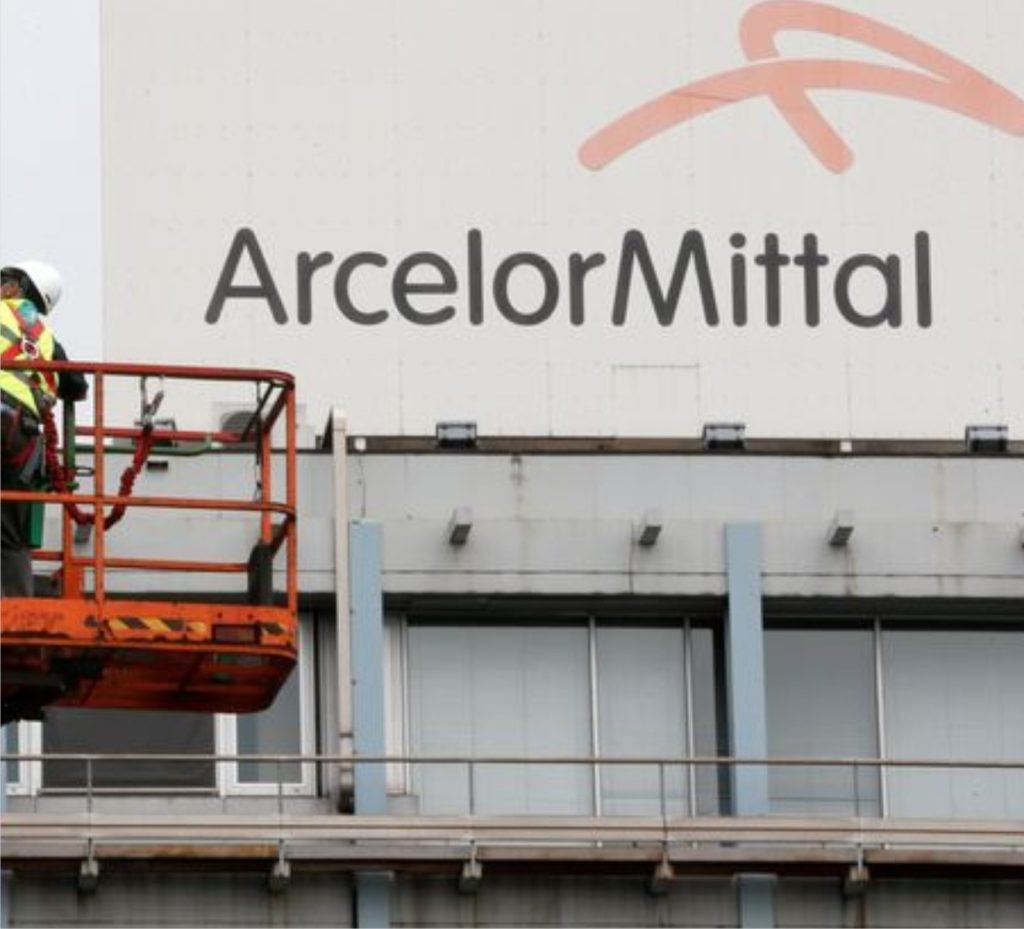The Liberian government is on the cusp of finalizing a transformative amendment to the Mineral Development Agreement (MDA) with ArcelorMittal Liberia (AML), a deal poised to reshape the nation’s economic landscape. Negotiations are nearing completion, with highly placed sources revealing a strong governmental push for enhanced benefits across multiple sectors, including increased financial contributions, expanded job creation initiatives, and amplified county development programs. The amended agreement promises a substantial influx of foreign direct investment, bolstering Liberia’s post-war recovery and setting the stage for sustainable economic growth.
The amended MDA is expected to unlock significant economic benefits for Liberia. A key aspect is the injection of $1.4 billion in foreign direct investment through AML’s Phase II expansion, representing the largest single investment in Liberia since the end of the war, building upon the $1.7 billion already invested by AML since 2005. This investment will fuel job growth, with projections of 2,000 new jobs during the construction phase of AML’s new concentrator plant and an additional 1,200 permanent skilled positions once the plant becomes operational. Recognizing the need for a skilled workforce, the agreement incorporates training programs designed to equip Liberians with the technical expertise necessary to operate the advanced concentrator technology, ensuring long-term employment opportunities and contributing to human capital development.
The agreement also prioritizes local development through a significantly enhanced County Social Development Fund (CSDF). AML’s annual contribution to the CSDF will increase to $3.5 million, directly benefiting Bong, Grand Bassa, and Nimba counties. Crucially, the amended agreement ensures that 100% of these funds will be controlled by the counties themselves, empowering local authorities to prioritize development projects based on community needs. This represents a significant shift from the previous arrangement, where only a fraction of the CSDF was directly allocated to community-selected programs. The increased funding and localized control are expected to catalyze investments in critical areas such as infrastructure, healthcare, education, and other essential services, leading to tangible improvements in the quality of life for residents.
The agreement reinforces Liberia’s sovereign control over its crucial rail and port infrastructure. While the government retains sole ownership, the amendment introduces a multi-user framework, allowing access to Guinean mining companies while generating additional revenue for Liberia. A key provision mandates that AML operate the railway on a cost-recovery basis, preventing profit-making from other users and ensuring that any transit fees paid by foreign companies are directly remitted to the Liberian government. This framework incentivizes foreign companies to invest in expanding the rail and port capacity, further strengthening Liberia’s logistical capabilities and positioning the country as a regional trade hub.
The financial benefits to the Liberian government are also substantial. The amended MDA projects a significant increase in annual revenue from royalties, taxes, and duties, rising from the current $30-40 million to approximately $75 million. Upon full implementation of Phase II, this figure is expected to reach $200 million annually, providing a significant boost to government coffers. Furthermore, the expansion is projected to triple Liberia’s iron ore production, from 5 million tons per annum (mtpa) to 15 mtpa of high-value concentrate, with the potential for future expansion to 30 mtpa. This dramatic increase in output will solidify Liberia’s position as a key player in the West African iron ore market, driving economic growth and enhancing the country’s global competitiveness.
Beyond the economic and infrastructural advancements, the amended agreement incorporates provisions for community development and healthcare support. Building on AML’s existing investment of over $48 million in community initiatives, including training programs in various sectors, the government is pushing for further investment in direct community support, with a focus on education and healthcare. AML’s operation of two hospitals and two clinics, serving thousands of patients annually, predominantly from local communities, forms the basis for expanded healthcare access. The government is also negotiating for increased compensation for farmers affected by mining operations, greater funding for health services, and broader support for local schools. These measures aim to ensure that the benefits of the mining sector are equitably distributed and contribute to the overall well-being of the affected communities. As the agreement nears finalization, the focus now shifts to legislative review and ratification. The government is striving to maximize Liberia’s benefits before presenting the deal to the legislature, emphasizing the transformative potential of this agreement not only for the mining sector but also for broader economic growth, job creation, infrastructure development, and social progress. The legislature bears the responsibility of ensuring that the final agreement serves the best interests of Liberia, setting a new precedent for responsible resource management and leveraging this historic opportunity to unlock sustainable and inclusive development for the nation.














